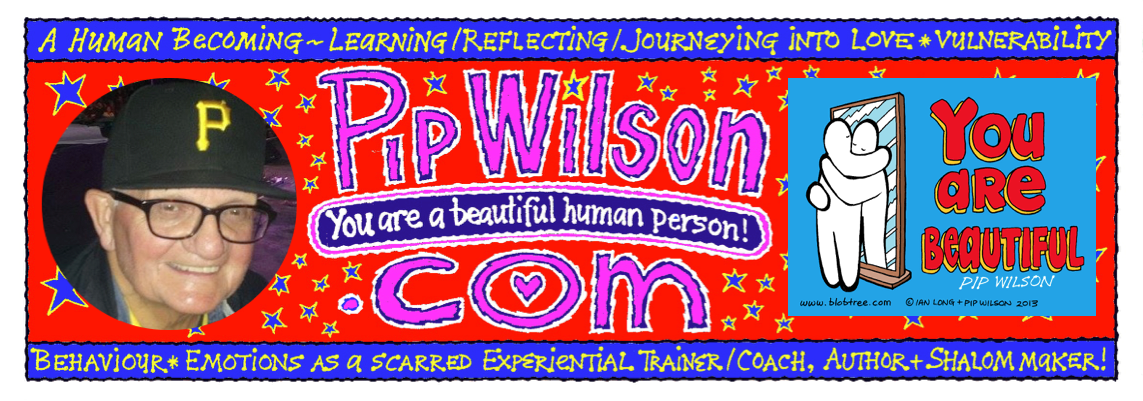
Originally occupied by Egypt, which retains control of Gaza's
southern border, the territory was captured by Israel during the 1967
Middle East war. Israel withdrew its troops and around 7,000 settlers in
2005.
It is under the control of the Palestinian Authority, and
between 2007 and 2014 was ruled by Hamas.
They won Palestinian legislative elections in 2006 but then had a
violent rift with the rival Fatah faction.
When Hamas took over in
Gaza, Israel swiftly imposed a blockade on the territory, restricting
the movement of goods and people in and out. Egypt meanwhile blockaded
Gaza's southern border.

Gaza is significantly poorer than it was in the 1990s. Its economy grew only 0.5% in 2017 according to a World Bank report, with annual income per person falling from $2,659 in 1994 to $1,826 in 2018.
In 2017 the Gaza Strip had the highest unemployment rate in the World Bank's development database.
At 44% it was more than double the rate in the West Bank.
And of particular concern was the high youth unemployment rate, which stood at more than 60% in Gaza.
The
latest data shows Gaza's poverty rate stands at 39%, more than twice
the rate in the West Bank. The World Bank believes this would rise even
higher were it not for social aid payments, mostly through the United
Nations Relief and Works Agency (UNRWA).
The agency says 80% of the population are on some form of social assistance.

Access to public health services has worsened due to border restrictions.
The
closure of the Rafah crossing reduced the number of patients travelling
to Egypt for treatment. Before 2014, the World Health Organisation
(WHO) said a monthly average of 4,000 people crossed into Egypt for
health reasons alone.
Exit passes through Israel have also dropped
in recent years, with approvals for medical reasons dropping from 93%
in 2012 to 54% in 2017.
Moreover, drugs, supplies and equipment
are all restricted because of the blockade - including dialysis machines
and heart monitors.
Just as in education, the UN helps out by
running 22 healthcare facilities. But a number of hospitals and clinics
were damaged or destroyed in previous conflicts with Israel, with the
total number of primary health care clinics falling from 56 to 49 since
2000 - in the same time as the population doubled.
A recent fuel
shortage for generators has also affected medical services. The
Palestinian Ministry of Health says three hospitals and ten medical
centres have suspended services due to a lack of power.
I have never visited the region but know so many respected friends who have.
They all say it is a locked down community of beautiful humans (no-matter anyone's behaviour)
Occupation.
Lock down
Massive restrictions on movement.
Tears flow as I hear more and more of their plight.

BHP
